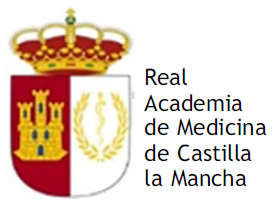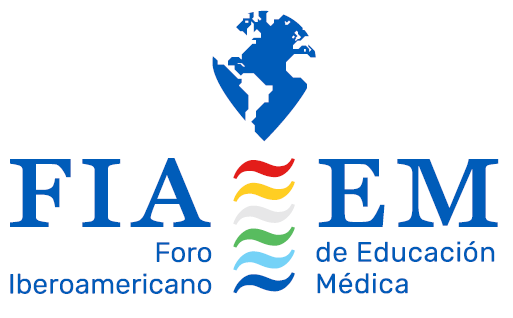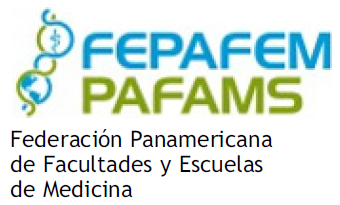ICTs have been an indispensable tool for health care and medical teaching in the post-pandemic stage. Artificial Intelligence (AI) presents the possibility of developing artificial agents capable of interpreting and executing activities considered inherent to humans, deals with natural language perception, understanding and synthesis, reasoning modeling, automatic programming, artificial neural networks, and genetic algorithms.1 AI adapts teaching content and study materials according to students' individual needs and abilities, employing machine learning algorithms, as well as analyzing a student's progress, identifying areas of strength and weaknesses, providing personalized feedback and study recommendations (Coursera, Udacity, edX and Knewton). In medical simulation, it allows the creation of interactive and realistic medical simulations that allow students to practice clinical skills in a safe environment, including diagnostic scenarios, medical procedures and patient care, as well as providing immediate feedback on student decisions and actions (CONSORT-AI, SPIRIT-AI, STARD-AI, QUADAS-AI, and Whole Slide Imaging). AI assists medical students in the diagnostic and clinical decision-making process by analyzing large amounts of medical data, such as medical records, medical images, and test results. AI-powered virtual assistants can provide tutoring and support to medical students, answering common questions, providing additional explanations of difficult concepts, and guide students through clinical cases (ChatGPT, Salesforce Einstein, NetBase Quid, Synthesia, Sembly, and Grammarly).2,3 AI-based teaching must be complementary to and supported by sound clinical education, the implementation of AI in medical education requires adequate planning supported by continuous evaluation of its effectiveness on the learning outcomes obtained.
FinancingThis work has not received any type of funding.








